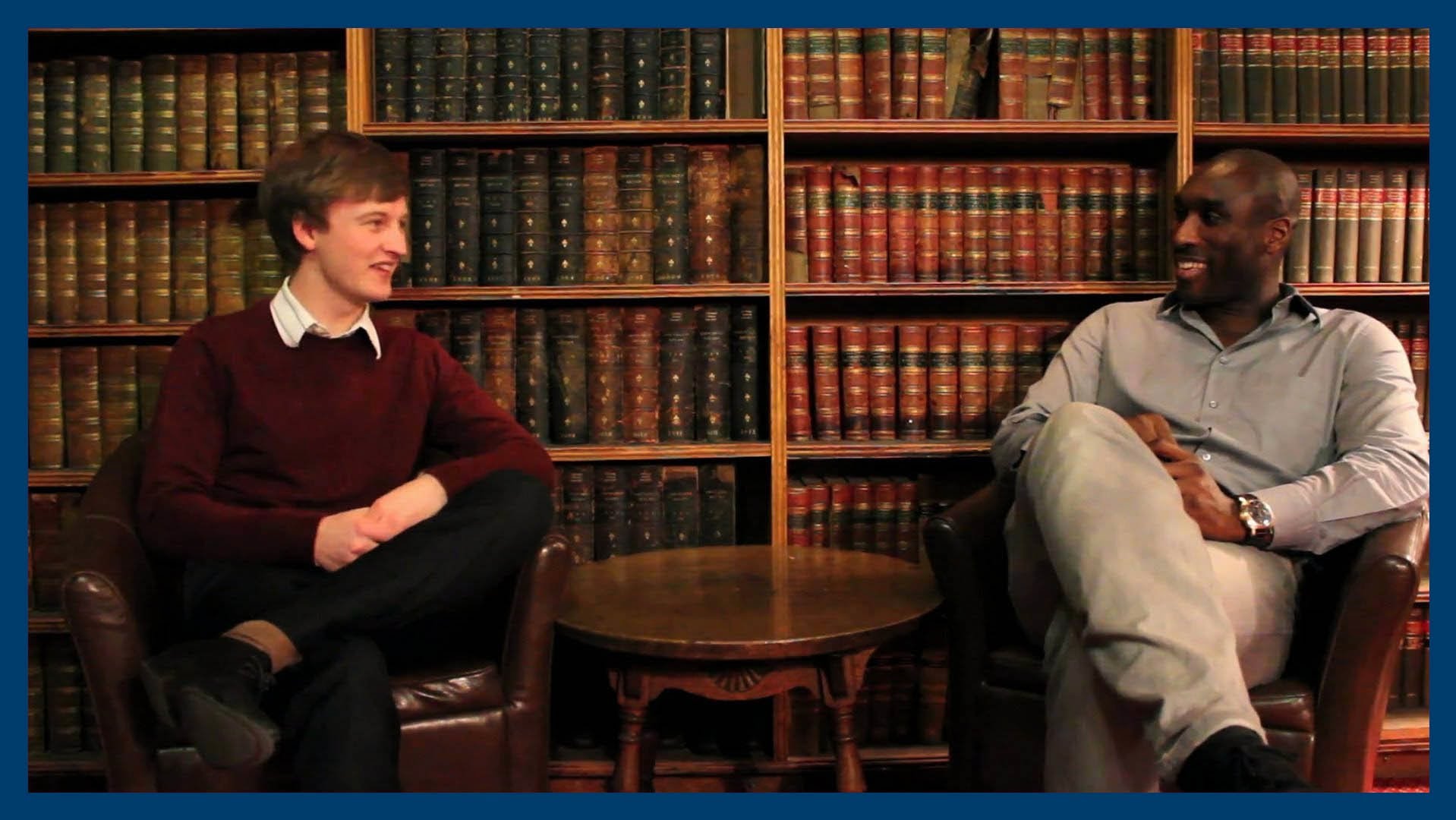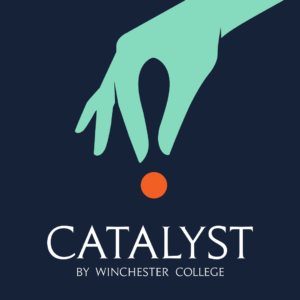Disclaimer: My personal experience of science applications is entirely at UK universities, whilst many of the points I make are general, any specifics should be interpreted with respect to the UK university system and details should be sought for anybody applying to universities outside the UK.
Applying for a science undergraduate degree can be a daunting task, but if you can fulfil two key criteria then your application will be in with a good chance, and you should get a chance to shine at interview. These two features are passion and aptitude, demonstrating these to a high degree will make any application catch the eye of an admissions tutor.
Passion is vital not just to an application, but to a student’s entire experience throughout their degree. No student should do a degree course that they do not enjoy, a science degree usually stretches to 4 years and the prospect of a well-paid job at the end will feel a very long way off if it is not enjoyable: long periods spent grappling with difficult concepts, endless problem classes and lengthy practical projects will get harder and harder if the student simply does not enjoy what they are doing.

Passion is critical to the success of a degree course, and this needs to be demonstrated in the personal statement with the evidence. “I really enjoy chemistry lessons” is not a sufficient reason to do a degree in chemistry, passion must be demonstrated with material taken well beyond the scope of the classroom: a good application will discuss motivations behind their love of the subject and what drew them to it originally; it will talk enthusiastically about wider reading, this could be in the form of science journalism like New Scientist, books, events or exhibitions that a student could have gone to. Even something that appears quite banal or trivial can be used to demonstrate a love of the subject matter, if written cleverly enough; I even included my enjoyment of science fiction into my personal statement because it inspired me to pursue science to build a better (and cooler) world! Any involvement in science beyond the classroom is good, a student does not need to be volunteering at the Science Museum every Saturday and have received a Nobel Prize before finishing their A-levels, just show that they enjoy doing their chosen subject beyond what their school literally obliges them to do.
Unfortunately, simply enjoying what you do is not enough to get into the highly competitive field that is STEM degrees; you need to demonstrate real skill and competence. A student’s ability in the subject will be partly demonstrated by their grades and grade predictions at GCSE and A-level, respectively. Make sure your exam results are as good as they can possibly be. However, with the removal of AS-levels as an integral part of an A-level qualification, universities now have less information to go on and need to see more evidence of ability in a written application. Be sure to add snippets of your scientific understanding in the personal statement: if you discuss a book you have read with advanced concepts beyond your school syllabus, make sure to discuss those concepts and demonstrate your understanding! If a student is feeling brave, try looking up the recommended summer reading for the course you are applying for and have a go at understanding it, do not be put off if you do not understand it all, but the ability to discuss it to some extent could really add weight to an application and contribute to a successful interview. A word of caution however, know your limits! Do not claim to have read books that you have only skimmed through and do not claim to have understood the recommended reading if you did not! Generally, academically relevant material mentioned in a personal statement has a good chance of coming up at interview, use this fact to plant things in your statement that you can discuss confidently.
Many universities appreciate evidence of applicants being well rounded individuals with interests outside of their chosen course, and lots of people will give you advice about how you should talk about playing the cello or that time you volunteered in The Gambia. I personally consider most of this to be utterly irrelevant. The best universities couldn’t care less about your volunteering or musical abilities unless they have direct relevance to your chosen degree course; otherwise, they are just filler. Admissions tutors know that students aren’t robots and do not really need to be reminded. By all means put in a small paragraph about your interests, but keep it brief!
The final thing to consider is what to do if you make it to interview. Interviews vary massively between universities and between courses: my chemistry interview at Bristol was a casual 10 minute chat about what elements (pun intended) I found interesting, whereas my 2 interviews at Cambridge were gruelling half hour interrogations about topics I had never even heard of before! The key to any interview is simply to be calm and friendly, don’t worry about embarrassing yourself. The worst thing to do in an interview is to be silent, if you don’t know the answer then try and work it out, think out loud and the interview may give you hints to guide you on your way.
Applications for science degrees can seem very daunting, and competing with top students across the entire world can make you feel very small. Remember to show why you deserve to be on the course, understand your own skills and limitations and trust in your ability to do a good job! Millions of students have made it, you can too!
To find out more about Ampla Education’s university application consultancy and test preparation services, contact us at info@ampla-edu.com
____________________________________________________________
________________________________________________________________________
Adam Drew has an MSci degree in Natural Sciences from the University of Cambridge and a Master of Research degree from Imperial College London. He is now a PhD Student in the Centre for Plastic Electronics at Imperial College London. His research interests focus on developing treatment methods on small molecule electronics for manufacturing devices such as organic LEDs.
Having been actively tutoring students for 8 years, Adam has a strong interest in education and widening participation, leading numerous outreach programs and teaching workshops focusing on bringing disadvantaged students into STEM degree subjects.
______________________________________________________________
________________________________________________________________________
© Ampla Education – Unauthorised use of this material without permission is strictly prohibited. Excerpts and links may be used, provided that full credit is given to Ampla Education.



















